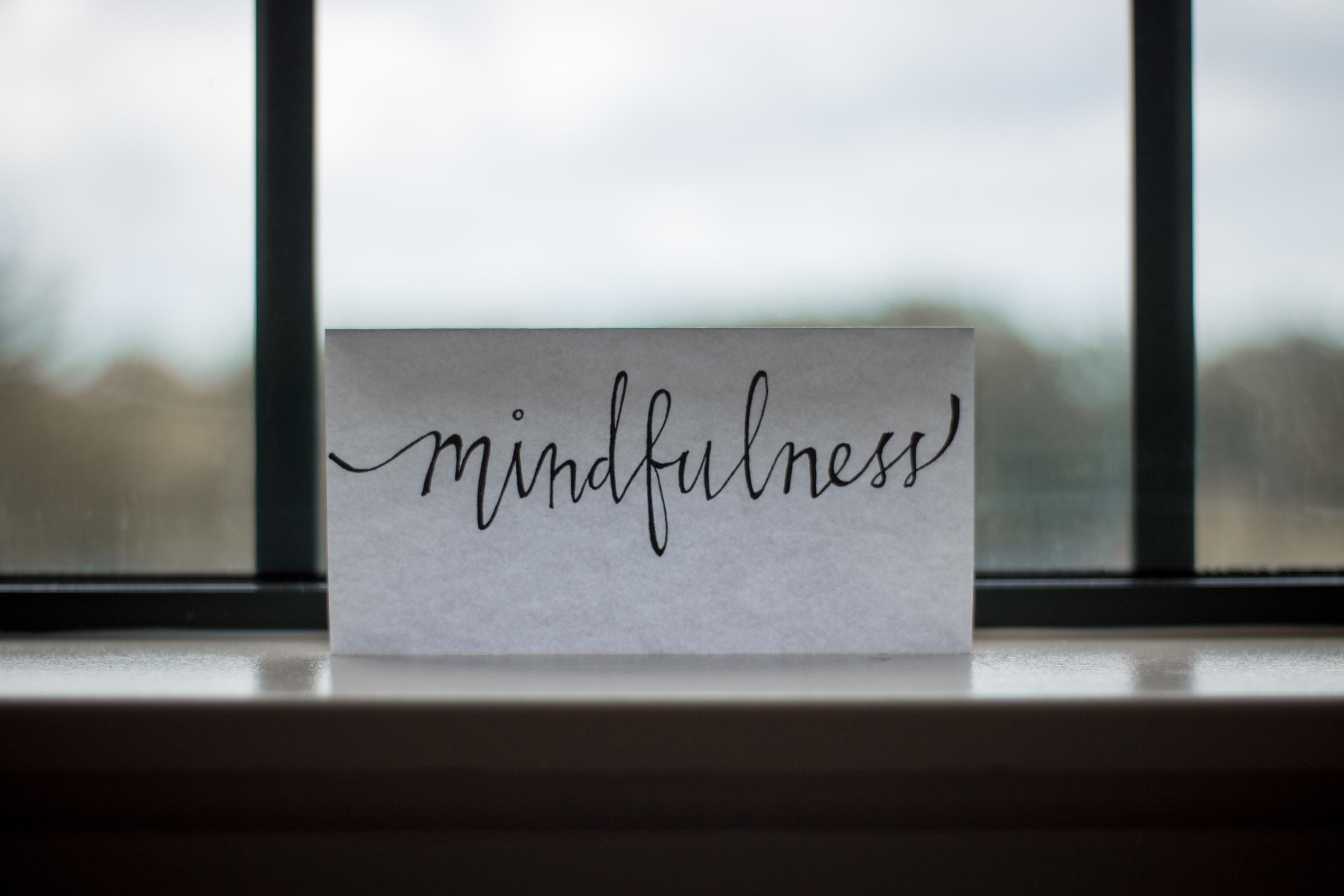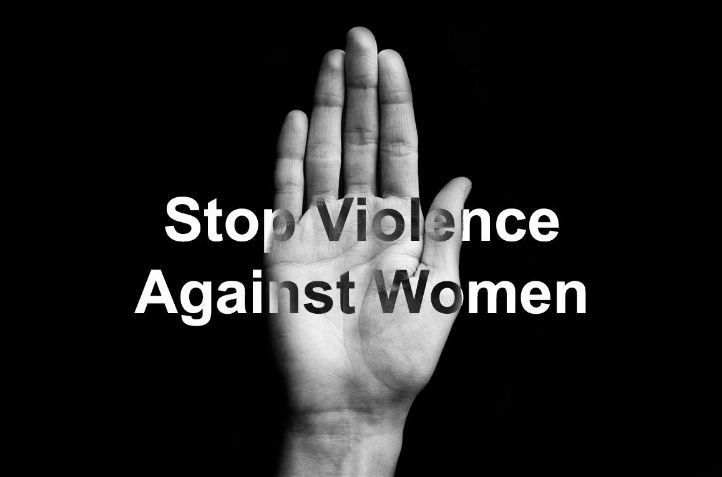WELLBEING

White Ribbon Day
Violence Against Women
On Friday, 23 November Australia celebrates White Ribbon Day, which is a nationwide push to stop men’s violence against women. The foundation's vision is to not only build a nation that respects women, but also a nation that upholds the requirement of ensuring every woman’s life is free of all forms of violence from men. Violence is multi-dimensional and can present in a sexual, physical or emotional/psychological setting (including threats, coercion and abuse), with all causing damaging long-term effects that impact women in the home, workplace and wider community.
The statistics provide glaring evince for the need to continually fight for women’s safety. At a government level violence against women is estimated to cost 22 billion dollars annually. The effects at a societal level are damning as on average 1 woman a week is murdered by a current/former partner, 1 in 2 women will experience sexual harassment during their lifetime and domestic/family violence is the leading cause of homelessness for women and children. For the student cohort the impacts of family violence, even if not directed at them, has a damaging effect on every aspect of a child’s life. Being a witness to violence can affect developmental, social and emotional health while influencing cognitions, behaviours and physical wellbeing. We currently live in a space where 1 in 6 girls experience violence of some kind before the age of 15.
So how do we turn this around? Primary prevention is a great way and is highly relevant in the school setting. This can be done through raising awareness and the running of educational programs that aim to stop boys/men using violence against girls/women before it occurs. Young minds are malleable and the actions of parents, adults and peers either support or condone violent behaviour. Resultantly, the school/home setting is a critical time for forming ideas as harmful material/stereotypes can become ingrained attitudes that support inequality and a general disrespect for women in later years. DSC encourage all of our students to take action against negative behaviours witnessed or experienced as it plays a role in helping this current demographic break the cycle of violence that is currently being experienced in Australia. Breaking the silence to stand up and speak out encourages students to build respectful relationships, challenge sexist attitudes, promotes gender equality and creates a culture that says “no” to violence against women that they will take with them through life and pass on to future generations. The task remains, to continue raising awareness about the issue at hand. As adults, we have a responsibility to both teach and behave in a manner that promotes respect towards women, as our modelled behaviours have a strong impact on young malleable minds.
Our implementation of respectful relationships is evidence of a school embracing a long-term implementation of equality. The education on both gender and cultural equality is shown to positively influence student wellbeing, academic outcomes, improve teacher/peer relationships and create a lasting change that will enable students to reach their potential. Read more about our recent Respectful Relationships Forum that was held at the College, in the 'Middle School' section of this newsletter.
Timothy Blacker
ACU Student Counsellor

